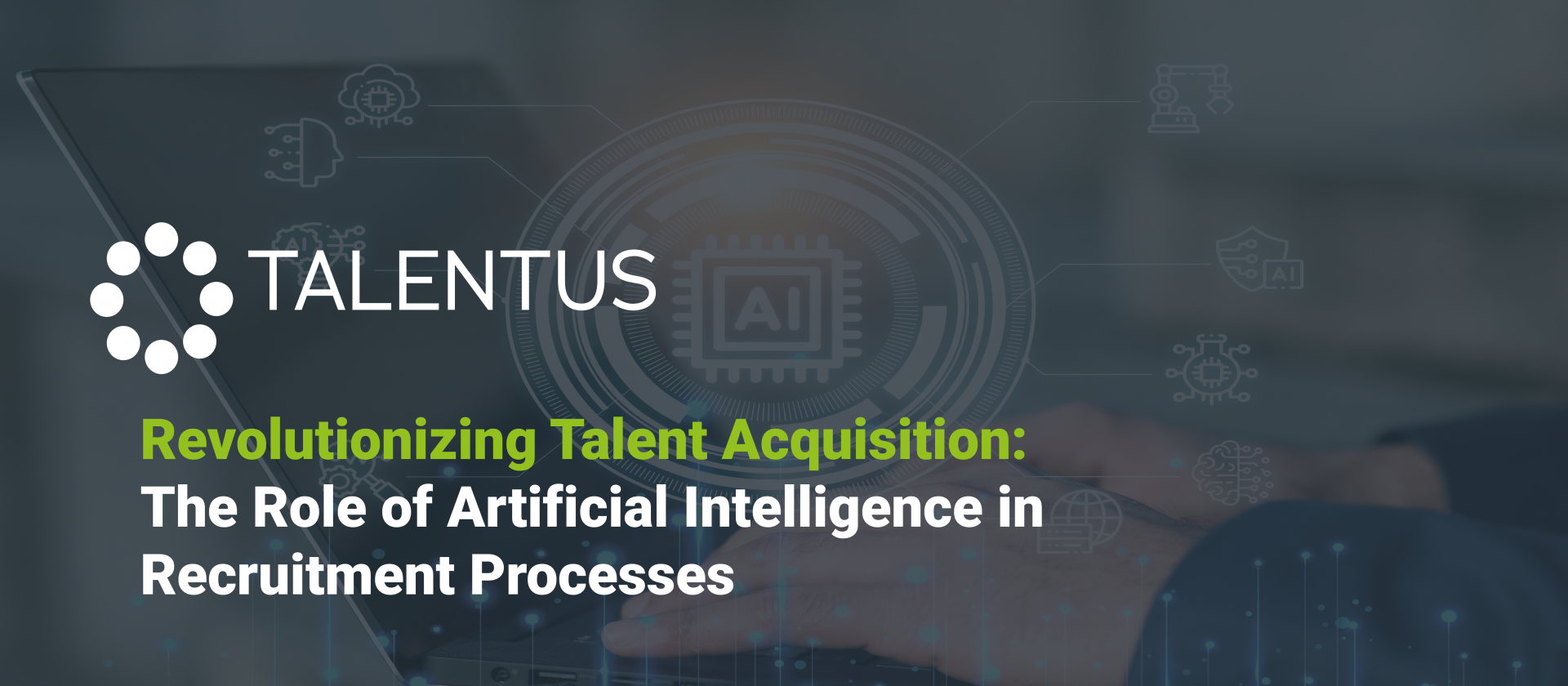In the fast-paced and ever-evolving landscape of human resources, the integration of artificial intelligence (AI) has become a transformative force, particularly in the realm of recruitment. AI technologies are revolutionizing traditional hiring processes, offering efficiency, objectivity, and precision. In this blog, we will explore how AI is reshaping talent acquisition, enhancing decision-making, and ultimately contributing to the success of organizations.
1. Automated Candidate Screening: One of the primary areas where AI is making a significant impact is in candidate screening. AI-driven Applicant Tracking Systems (ATS) can analyze resumes and applications, swiftly identifying candidates whose qualifications align with the job requirements. This not only expedites the hiring process but also ensures a more thorough and unbiased assessment of candidate profiles.
2. Intelligent Talent Sourcing: AI tools can proactively search for potential candidates across various platforms and databases. By analyzing data points such as skills, experience, and qualifications, AI can identify suitable candidates who may not have applied directly but align with the job specifications. This approach broadens the talent pool and facilitates more comprehensive talent acquisition strategies.
3. Personalized Candidate Experience: AI technologies enable the creation of personalized candidate experiences. Chatbots powered by AI can engage with candidates, providing real-time responses to queries, guiding them through the application process, and offering insights into the company culture. This not only enhances the candidate experience but also reflects positively on the employer brand.
4. Predictive Analytics for Hiring Success: Predictive analytics, fueled by AI, allows organizations to make data-driven decisions in the recruitment process. By analyzing historical data and identifying patterns, AI algorithms can predict which candidates are likely to succeed in a particular role. This data-driven approach minimizes the risk of making subjective judgments and enhances the likelihood of hiring candidates who align with the organization’s long-term goals.
5. Diversity and Inclusion Enhancement: AI can contribute to fostering diversity and inclusion within organizations. By removing unconscious biases from the hiring process, AI ensures that candidates are evaluated solely on their qualifications and merit. This helps in building diverse teams that bring a variety of perspectives and experiences to the table, fostering innovation and creativity.
6. Streamlined Interview Processes: AI tools can streamline the interview process, making it more efficient for both recruiters and candidates. Automated scheduling systems, video interviewing platforms, and sentiment analysis tools help in assessing candidates in a consistent manner. This not only saves time but also ensures a fair and standardized evaluation process.
7. Continuous Learning and Development: AI is not static; it continuously learns and evolves. In the context of recruitment, this means that AI algorithms can adapt to changing market trends, evolving skill requirements, and the unique needs of an organization. This adaptability ensures that recruitment processes stay aligned with the dynamic nature of industries and job markets.
8. Improved Employee Retention: AI can contribute to improved employee retention by identifying factors that contribute to long-term job satisfaction. By analyzing data related to employee performance, engagement, and turnover, AI can provide insights into areas where improvements can be made, enabling organizations to implement strategies to retain top talent.
As organizations strive to build agile and competitive teams, the integration of AI into recruitment processes emerges as a strategic imperative. The efficiency, objectivity, and predictive capabilities of AI not only expedite hiring processes but also contribute to the long-term success of organizations by ensuring the right talent is placed in the right roles. Embracing AI in talent acquisition is not just an evolution; it’s a revolution that paves the way for a future where organizations can harness the power of technology to build high-performing, diverse, and innovative teams.
[/et_pb_text][/et_pb_column][/et_pb_row][/et_pb_section]